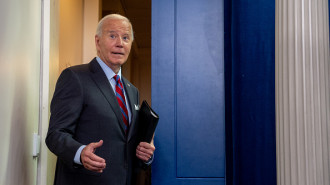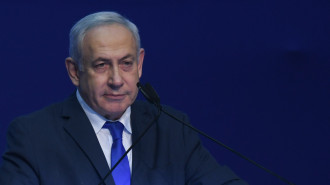Despite hopes of reconciliation, Hirak Rif prisoners left out of Morocco's royal pardon
Once again, leaders of Morocco's Hirak Rif protests have been left off a recent "royal pardon list", despite reports of their imminent release and as Rabat talks up its desire to reconcile with its critics.
On Tuesday night, activists, families, and supporters of the jailed Rif protesters eagerly awaited "the royal pardon" announcement—a customary practice in Morocco when the monarch "pardons" a number of prisoners to mark national and religious holidays.
"We hope that news of Nasser Zefzafi and his companions' release will come soon, God willing," Abelkarim Zefzafi, the cousin of Nasser Zefzafi, the figurehead of the Hirak Rif movement, said before the pardon's announcement.
Every year on 20 August, Morocco commemorates the "Revolution of King and People Day" followed by "Youth Day".
This year, the monarch pardoned nearly 5,000 cannabis farmers in the Rif region. Morocco legalised cannabis cultivation in 2022 and pledged reconciliation with farmers and activists of the politically heated region.
Last week, local media outlet Lakoum reported that a second list of pardoned prisoners would include Nasser Zefzafi and five other Hirak Rif protesters who were imprisoned for leading demonstrations in northern Morocco in 2016.
Some reporters and activists were at Tangier prison, hoping to capture the first moments of their release.
But when the second list was finally published late Tuesday, it included 708 individuals convicted in various cases, none related to the Hirak protests.
"I suspect something occurred to delay this pardon, though I can't speculate on its nature, especially since we live in a country where royal decisions (...) are rarely explained", said Khalid Bekkari, a Moroccan human rights activist.
Why are Hirak Rif protesters waiting for a pardon?
The Hirak Rif protests erupted in 2016 in Al-Hoceima, northern Morocco, after a fishmonger was crushed to death in a rubbish truck as he tried to retrieve a swordfish confiscated for being caught out of season.
Protesters called for justice, an end to corruption, and better treatment for Rifis, who were once described by former King Hassan II as "despicable."
As the protests grew, in May 2017, the Moroccan government issued a statement condemning the Hirak for receiving foreign funding and enlisted religious officials to denounce the movement.
Authorities then launched a mass arrest campaign against protesters, but most have now served their sentences or been pardoned.
According to activists, some six detainees from the Hirak remain in Moroccan prisons to this day, most notably Nasser Zefzafi and Nabil Ahamjik, who were both sentenced to 20 years for "serving a separatist agenda and conspiring to harm state security."
To receive a "royal pardon" in Morocco, prisoners must submit a request, admitting guilt and seeking forgiveness from the highest authority in the country, with a commitment not to repeat the offence for which they were convicted. However, Zefzafi and the remaining Hirak prisoners have refused to request a royal pardon, arguing that it would imply guilt for allegations they categorically deny, according to their families.
Rabat seeks 'new era' with its critics
Some opposition parties view a parliamentary amnesty as the most practical solution to alleviate the seven-year-long socio-political conflict that fuels longstanding sentiments of injustice in the Rif region.
In 2022, the United Socialist Party proposed a bill for a parliamentary amnesty for the Rif prisoners. However, the bill failed to pass, primarily because parliamentary amnesty, first introduced in the 2011 constitution, can be a complicated legislative process that ultimately requires royal approval.
According to Article 49 of the Constitution, the study of draft laws related to this type of amnesty must be submitted to the Ministerial Council, headed by the Moroccan King, for deliberation.
Nevertheless, hopes were higher this year for a "legislative miracle" to finally free the last imprisoned critics of the state, as Rabat appears to have recently adopted a more forgiving policy towards its critics.
In July, Moroccan King Mohammed VI "pardoned" several journalists critical of the state who had been tried for sexual assault cases they argued were politically motivated.
"This is a new beginning ... and a step towards a state that makes space for all opinions," said journalist Omar Radi after his release. However, the journalist argued later in a press conference that Morocco cannot hail a "new era" without the release of the Hirak Rif prisoners.

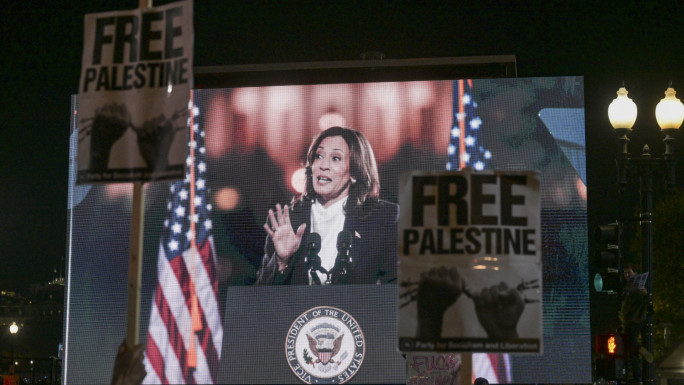
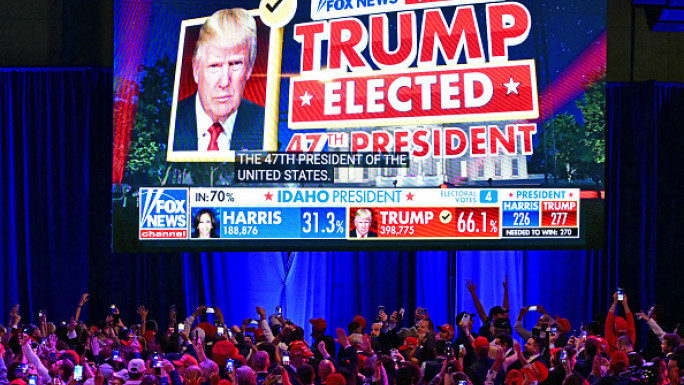
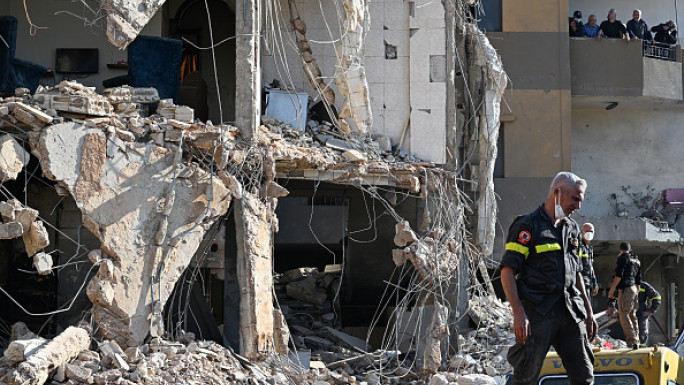
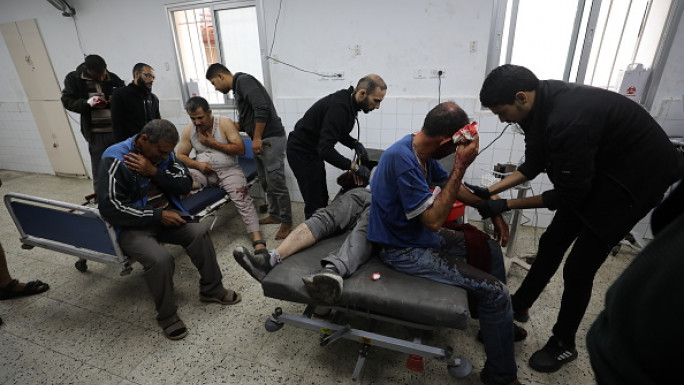
 Follow the Middle East's top stories in English at The New Arab on Google News
Follow the Middle East's top stories in English at The New Arab on Google News
![Paris Saint-Germain fans unfurled a large 'free Palestine' banner at the match [Getty]](/sites/default/files/styles/image_330x185/public/2183376676.jpeg?h=cb50af9b&itok=g_uBUT0X)
